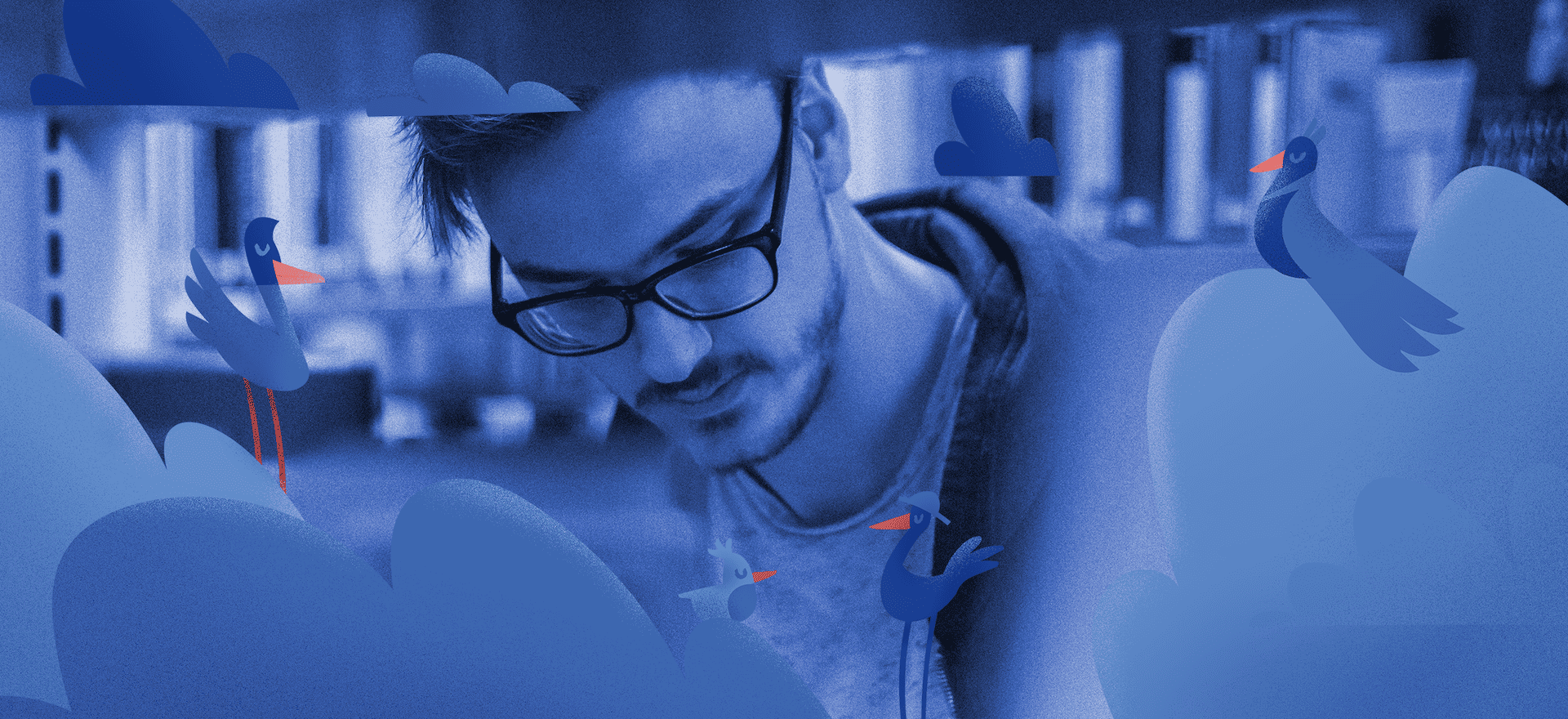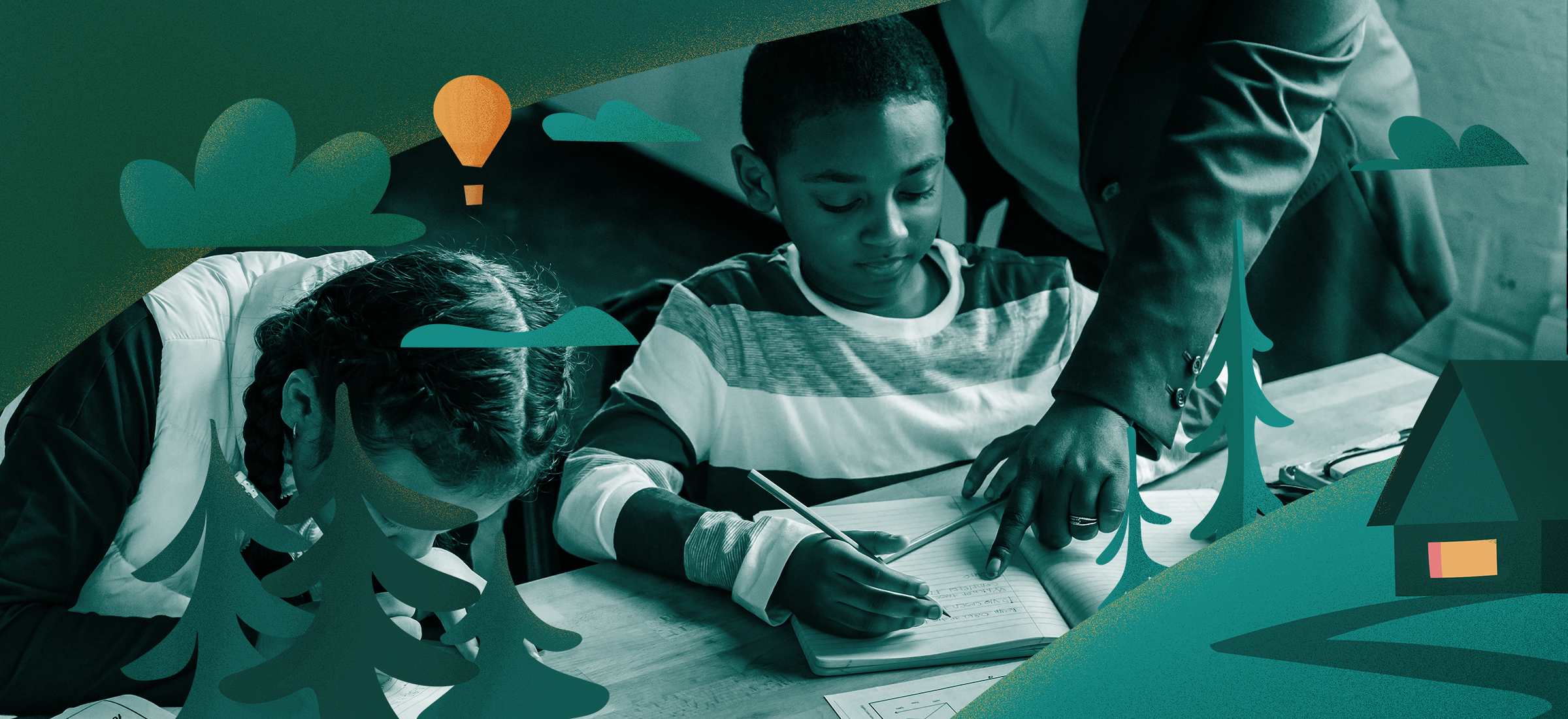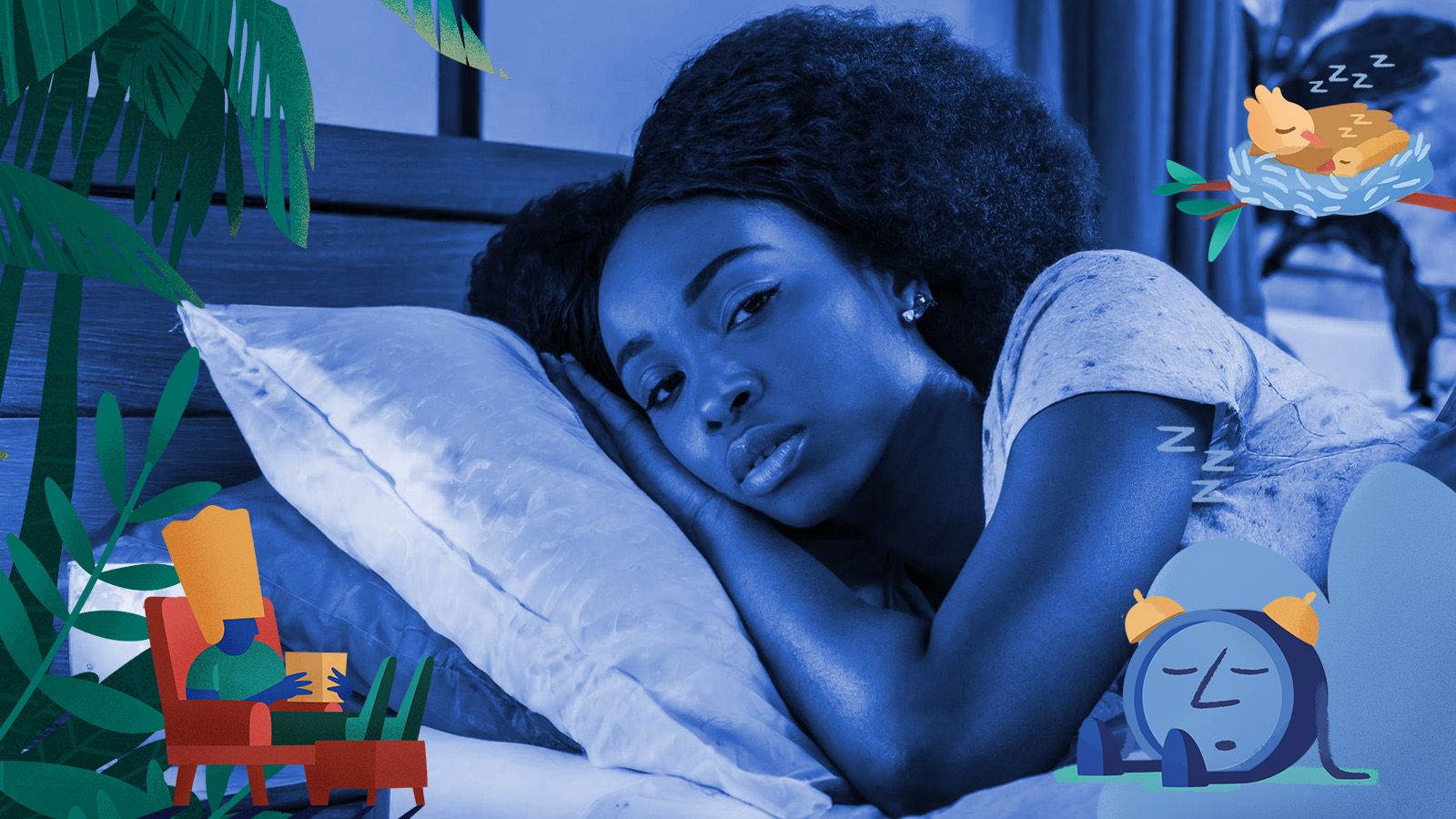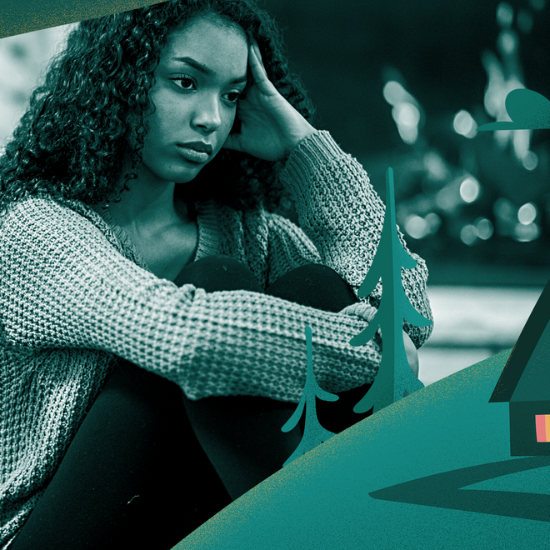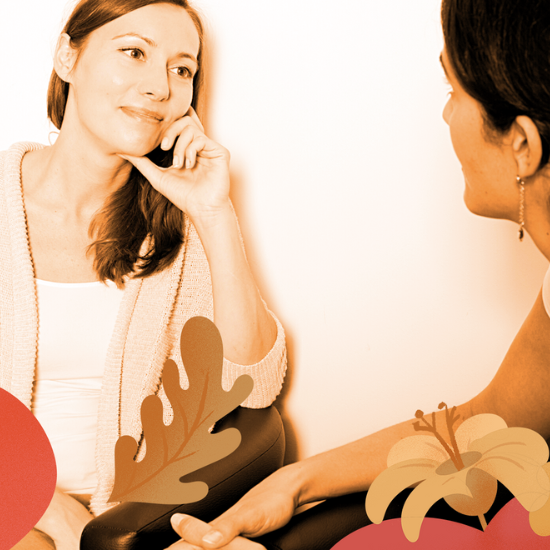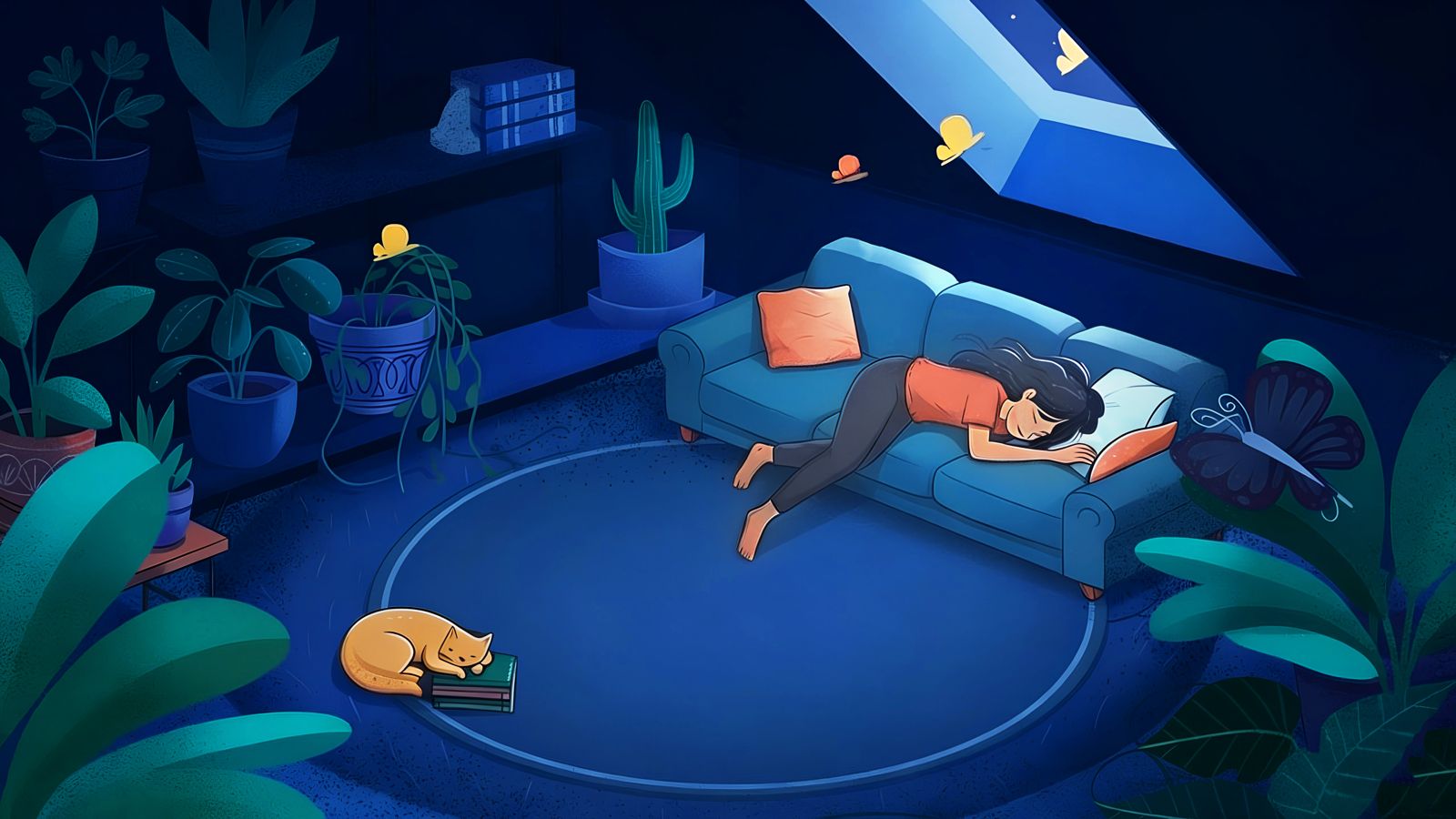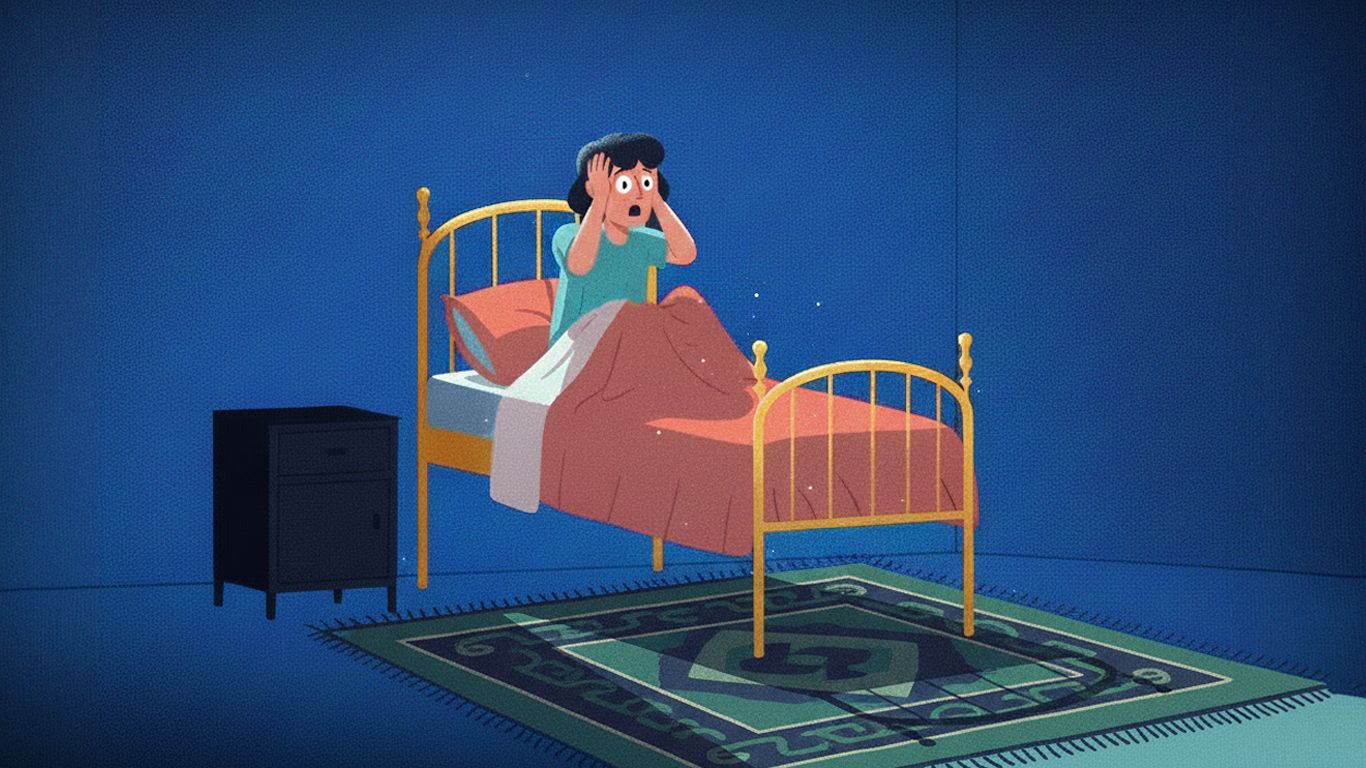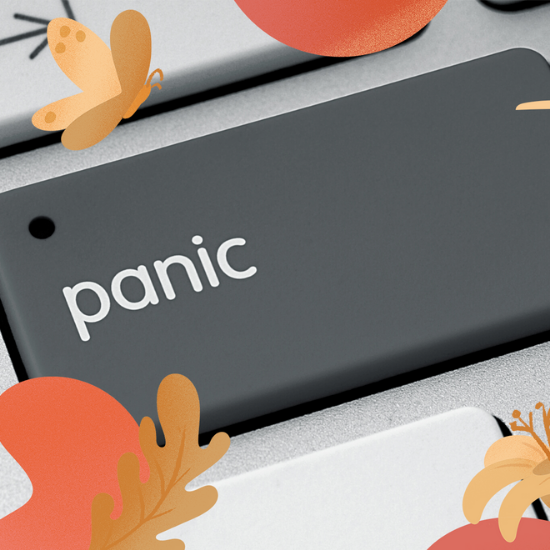
Your Panic Attack Questions Answered
Maintaining good mental health will help you avoid negative side effects. Poor mental health can effect not only your psychological but physical health.
Things like stress and anxiety have a way of impacting your body. Panic attacks can happen at any time but there are some things you can do to help them.
What is a panic attack?
A panic attack is a sudden feeling of intense anxiety and/or fear. These are episodes where you feel the physical side effects of anxiety. Panic attacks do not have a warning or early signs to show that you will have an episode. Instead, they happen any time you feel sudden anxiety about any situation.
Panic attacks can be severe enough to make you feel like you are seriously ill or, even worse, having a heart attack. Many people will experience a panic attack 1 to 2 times within their lifetime.
The symptoms of a panic attack include, but are not limited to:
- An immediate sense of fear
- Rapid heart rate
- Trembling
- Sweating
- Nausea
- Chills
- Hot flashes
- Chest pains
- Dizziness/light headedness
- Headaches
Panic attacks can be caused by various things. Significant amounts of stress are one of the main reasons. Apart from stress, things like genetics or brain functionality can trigger attacks.


Panic Attack vs. Anxiety Attack
While panic and anxiety attacks share similar symptoms, some specifications between the two should be differentiated.
Panic attacks are sudden and abrupt. They are commonly triggered by a particular event. On the other hand, anxiety attacks occur when the amount of anxiety you experience over time becomes excessive—a gradual progression.
Health professionals treat panic and anxiety attacks differently. While symptoms may feel the same, the impact and health concerns they bring are different. Some of the key differences are the severity of the symptoms and the duration. Panic attacks can subside within 10 minutes, while an anxiety attack can last months.
What to Do if Someone is Having a Panic Attack
Panic attacks can subside after a few minutes if you take corrective measures. If someone around you is experiencing a panic attack, here’s what you can do to take control.
- Remain calm. As soon as you realize it’s a panic attack, you should act quickly before things get worse. Panicking will only add more stress to the situation. Do your best to remain calm.
- Start a conversation. Conversing with someone can alleviate the problem because they are focused on something different rather than what is causing the attack.
- Share kind words of affirmation but before anything, make sure you have the permission to converse with them at all. Some people like to be left alone during panic attacks.
- Use grounding techniques. Grounding techniques are things people can do to take them away from negative thoughts and feelings that trigger panic attacks.
- Sitting down and breathing, counting, and/or running cool water over the face and hands are all common grounding techniques.
Relaxation and meditation are great for decreasing stress and anxiety. The BetterSleep app offers many resources for you to get started. Visit the app today!

